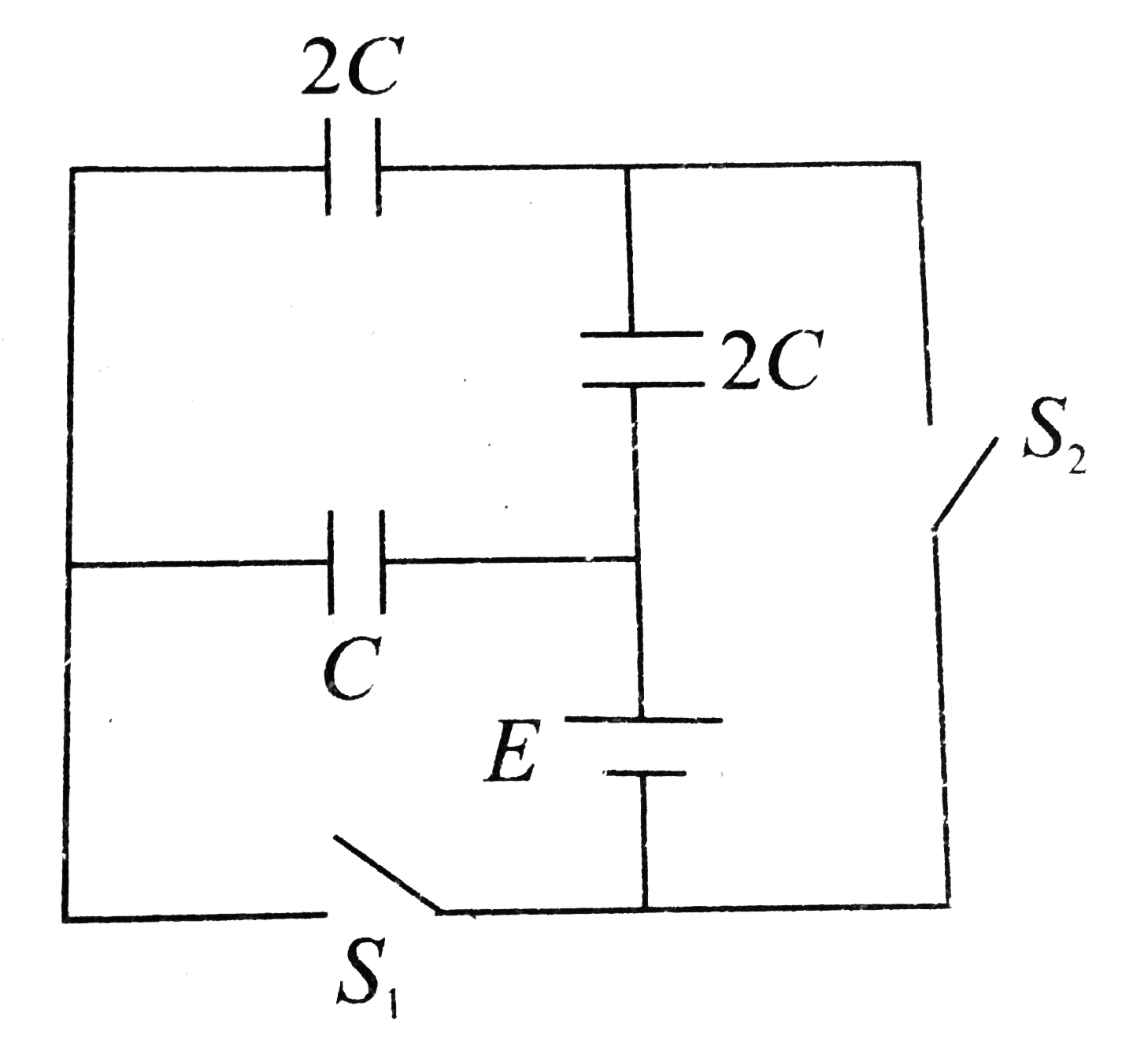Graham’s Law OF Diffusion - Case II :-Diffusion OF Mixture || Case III :- T = Constant || Case IV :- Isotopic Separation Factor or Enrichment Factor
Step by step video solution for Graham’s Law OF Diffusion - Case II :-Diffusion OF Mixture || Case III :- T = Constant || Case IV :- Isotopic Separation Factor or Enrichment Factor by Chemistry experts to help you in doubts & scoring excellent marks in Class 12 exams.
Updated on:21/07/2023Similar Questions
Knowledge Check
In case a solute associates in solution, the van't Hoff factor,
Ai>1Bi=1Ci<1Dnone of theseRatio of the rate of diffusion of He to H2 at 0∘C is same in the case :
AWhen temperature is changed to 100∘CBWhen O2 and CH4 are taken instead of He and H2CWhen volume of the flask is doubledDAll the above are correctIn which case van't Hoff factor are equal
AKCl,50% ionisedBK2SO4,40% ionizedCFeCl3,30% ionizedDSnCl4,20% ionized
In which case rate of diffusion will be faster in water : Honey or Paint
View SolutionIn which case van't Hoff factor is maximum ?
View SolutionIn the figure shows, all the capacitors are initially uncharged.
Case I: only switch S1 is closed
Case II: only switch S2 is closed
Case III: both swithces are closed
Find the ratio of the total energy stored in the system of capacitors for the cases I, II, and III, respectively.

View SolutionOut of the three stes of matter, only the gases have most of the physical properties common. They neither have definite shapes nor volumes. Upon mixing they form hoogeneous mixture irespective of their nature and can also be compressed on applying pressure. In addition to these, the gases obey different gas laws such as Noyle's Law, Charles's Law, Dalton's Law of partial pressures, Graham's Law of diffusion etc. Based upon these laws, ideal gas equation PV=nRT has been derived.
Which pair of gaseous species diffuse through a small jet with the same rate of diffusion at same P and T ?
View SolutionHow many statements about diffusion is /are false ?
(i) The diffusion rate depends on the size of the substrate.
(ii) Diffusion across the membrane depends upon its solubility in lipids.
(iii) Membrane protein provides sites for a hydrophilic substance to cross the membrane.
(iv) Facilitated diffusion is carried out by Proteins .
View Solution
